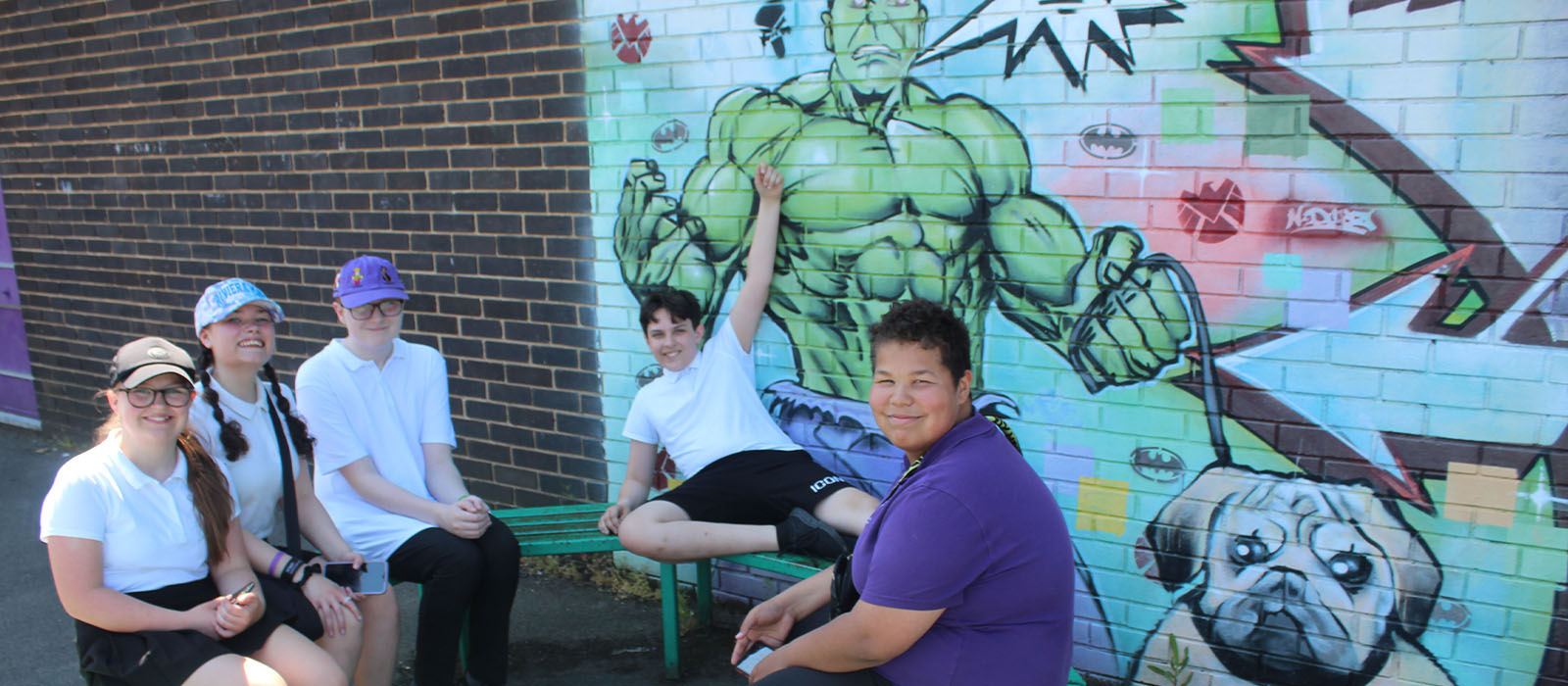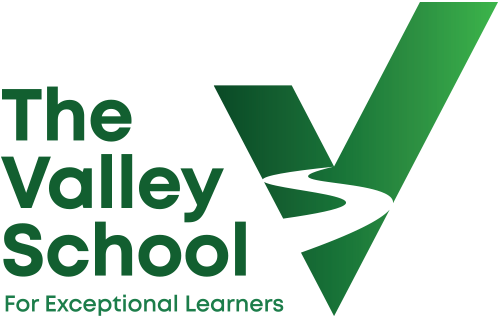A culture of safeguarding is embedded at The Valley School.
We recognise that our students are extremely vulnerable for a variety of reasons including:
- Assumptions that indicators of possible abuse such as behaviour, mood and injury relate to the students’ learning difficulty without further exploration;
- The potential for children with SEN and disabilities being disproportionally impacted by behaviours such as bullying, without outwardly showing any signs; and
- Communication barriers and difficulties in overcoming these barriers.
In addition to ensuring our safeguarding procedures and training are of the highest standard and ensuring staff remain vigilant, we also recognise the need to safeguard our students through education and the curriculum within school.
The Valley provides education for students with a variety of special educational difficulties. We must therefore ensure that the curriculum content around safeguarding is delivered at an appropriate level.
Students with complex needs often remain dependent on adults for their safety but strict adherence to safe working practices can give students the opportunity to develop an understanding of acceptable behaviours. For example, the practice of only trained and familiar staff supporting students during their intimate care can support students to understand that they shouldn’t go with people that are unfamiliar.
Where students have a greater cognitive understanding, the curriculum is designed to allow staff to engage in conversations and discussions around specific safeguarding issues such as online safety or bullying. It is important to note that even when working at this level, students can often find it difficult to generalise information and strategies taught, when in different environments.
PSHE
PSHE is a vital part of the curriculum at The Valley. It is taught as a discrete subject weekly throughout the year. We are sensitive in our teaching and recognise that some more sensitive subjects need to be taught at stage not age, at a small group or at 1:1 level where a more urgent need arises. Staff also use daily informal opportunities to reinforce learning. The Valley have adopted the PSHE Association key sections of: Health and Wellbeing, Relationships and Living in the Wider World. Through the enhanced PSHE offer, students have the opportunity to further explore relationships and consent through bespoke small group sessions. Some topics are also addressed in assemblies and form time.
Digital Literacy (Online Safety)
At The Valley the online safety curriculum is robust, flexible, and relevant to engage students’ interests. It is taught as part of the ICT curriculum and overarching PSHE topic being taught at that time. Additional opportunities are sought to embed the skills across whole the curriculum.
The Valley recognises that students with learning difficulties are often more vulnerable to both online and offline abuse, but that programmes should be tailored to their particular level of cognitive understanding and developed with parents, and where appropriate the students themselves.
Relationships and sex education (RSE)
RSE is a requirement for state maintained secondary schools. When teaching RSE, schools must have regard to statutory guidance from the DfE. The DFE has formally recognised good practice guidance from the PSHE Association, Brook and the Sex Education Forum, which sets out schools’ responsibilities on sex and relationships education which vary between primary and secondary schools.
At The Valley School RSE education is primarily delivered through our Science, PSHE and enhanced PSHE units of work. Individual targets and interventions are set for students who need additional input around specific areas.
The Valley continues to recognise the complexity and challenges that puberty brings for our students and has responded to this through the recent appointment a family engagement officer. This role consists of several different aspects but also includes working with individual students on one to one basis offering advice and student advocacy around RSE.
Religious Education
The school is non-denominational and has a diverse ethnic and religious population. As such our Religious Education and assemblies include learning about different beliefs and festivals and provide opportunity to address many of the specific safeguarding issues.



